When selecting Teflon cable for aerospace applications, a number of key factors must be considered in depth to ensure that the selected cable can meet the demanding requirements of the aerospace industry.
First of all, high temperature resistance is the primary consideration when choosing Teflon cables. In aerospace environments, cables are likely to be exposed to extremely high temperatures. Therefore, the selected Teflon cable must be able to maintain its original performance at high temperatures to ensure the stable operation of electrical equipment. Teflon cables are ideal for the aerospace field due to their excellent high temperature resistance and ability to operate stably at temperatures up to 260°C (500°F).
Secondly, resistance to chemical corrosion cannot be ignored. Aerospace equipment can be exposed to a variety of chemicals, including corrosive liquids and gases. Therefore, cables must have excellent chemical resistance to cope with these potential risks. Teflon cables provide reliable protection for aerospace applications with their good corrosion resistance to a variety of acids, alkalis and organic solvents.
In addition, electrical insulation properties are also an important consideration when selecting cables. Aerospace cables need to withstand high voltages and need to ensure the safe operation of electrical equipment. Due to its excellent electrical insulation properties, Teflon cables can effectively isolate current and prevent electrical faults, thereby ensuring the normal operation of aerospace equipment.
In aerospace applications, cable weight is also a key factor to consider. Due to the strict weight restrictions on aerospace equipment, the selected cables must be as light as possible while maintaining performance. Teflon cable, with its lower density and excellent performance, is a lightweight cable solution that helps reduce the overall weight of aerospace equipment.
In addition, certification and compliance are essential considerations when selecting cables. We need to ensure that the selected Teflon cable complies with specific standards and specifications in the aerospace field, such as MIL-Spec, etc. These standards and specifications provide stringent guarantees for cable performance and quality, helping to ensure the safety and reliability of aerospace applications.
At the same time, reliability and durability are also important considerations when selecting cables. Aerospace applications place extremely high demands on the reliability and durability of cables, as any failure can have serious consequences. Therefore, we need to choose Teflon cables that have been rigorously tested and verified to ensure excellent performance in actual applications.
In summary, when selecting Teflon cable for aerospace applications, we need to consider high temperature resistance, chemical resistance, electrical insulation properties, weight, certification and compliance, reliability and durability, and Factors such as supplier reputation and service. Together, these factors form a complete framework for selecting cables that help us make informed decisions to ensure the safety and reliability of aerospace applications.

 ENGLISH
ENGLISH 简体中文
简体中文 GERMAN
GERMAN SPAIN
SPAIN
 +86 181-5747-1135
+86 181-5747-1135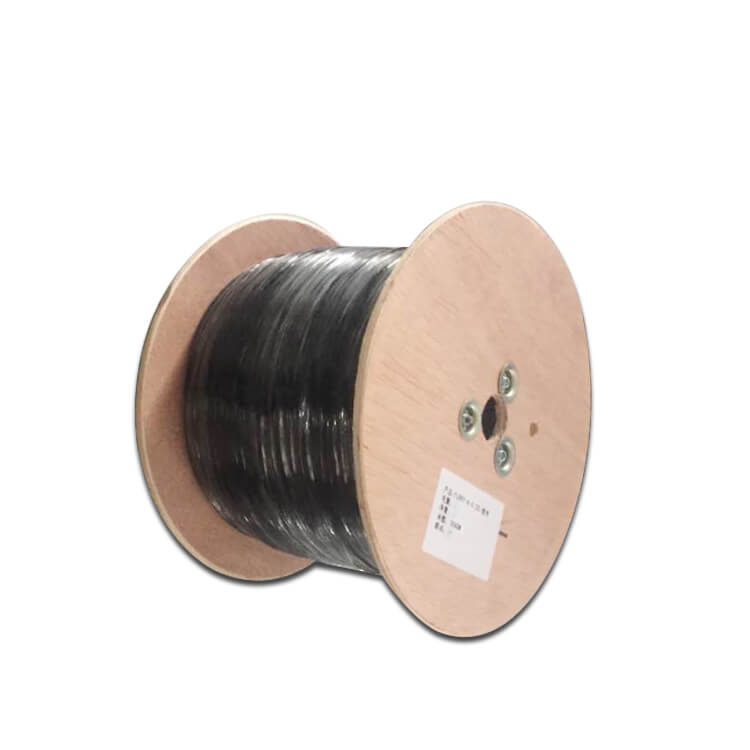
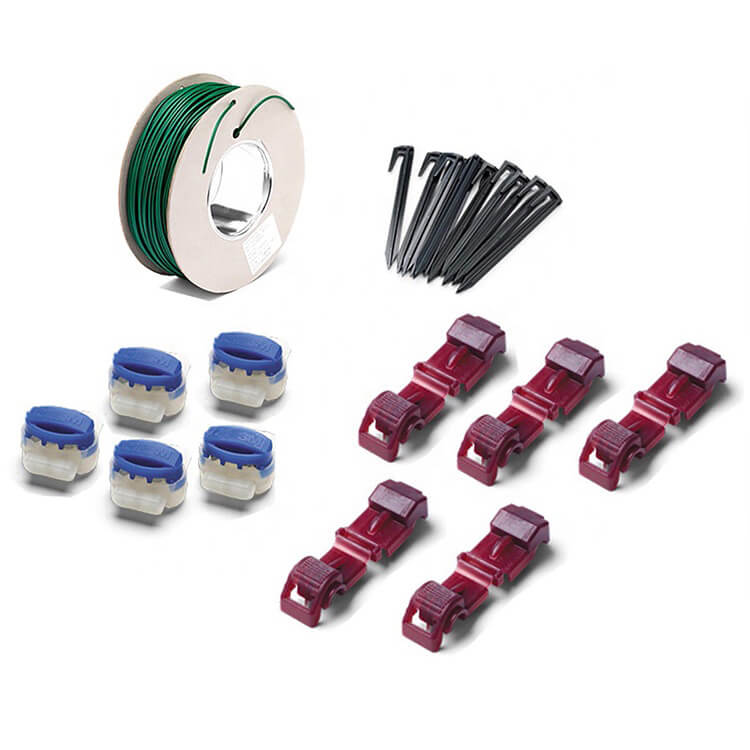
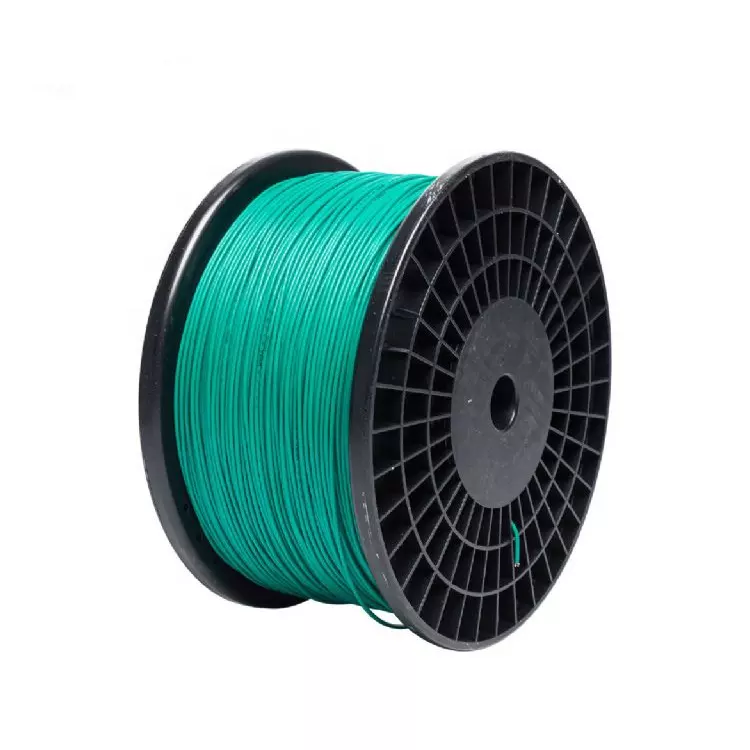



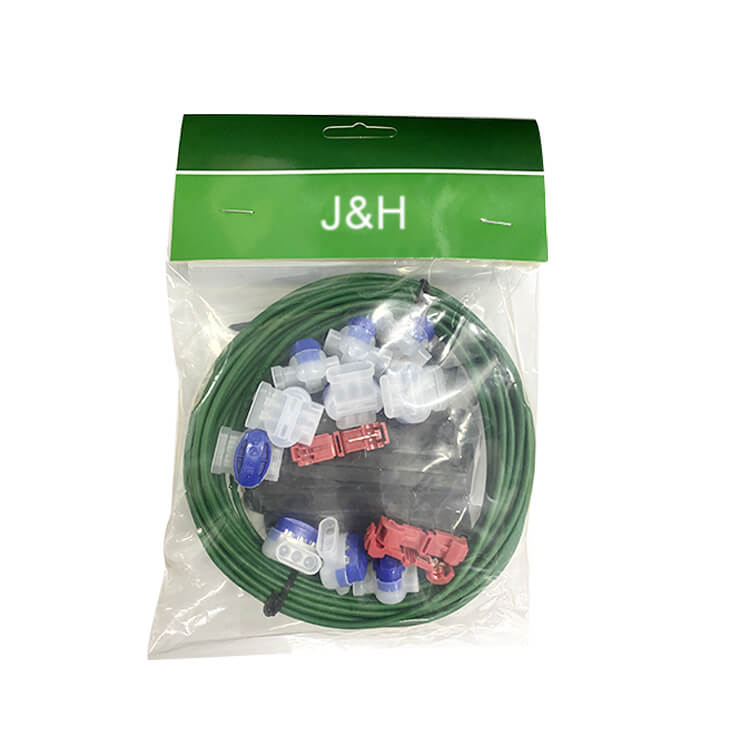
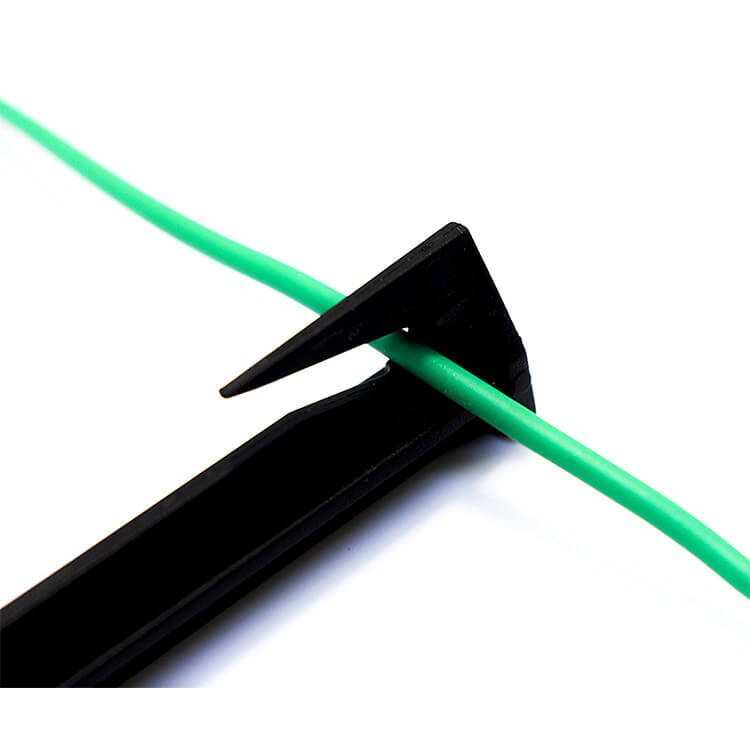
 Abroad:+86 181 5747 1135
Abroad:+86 181 5747 1135 FAX: +86 574 8900 7636
FAX: +86 574 8900 7636 E-mail:
E-mail: 

 read the map
read the map

